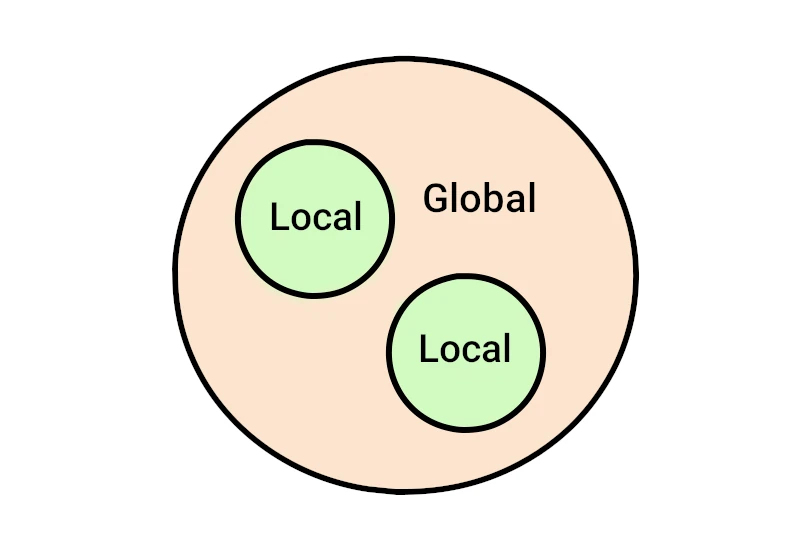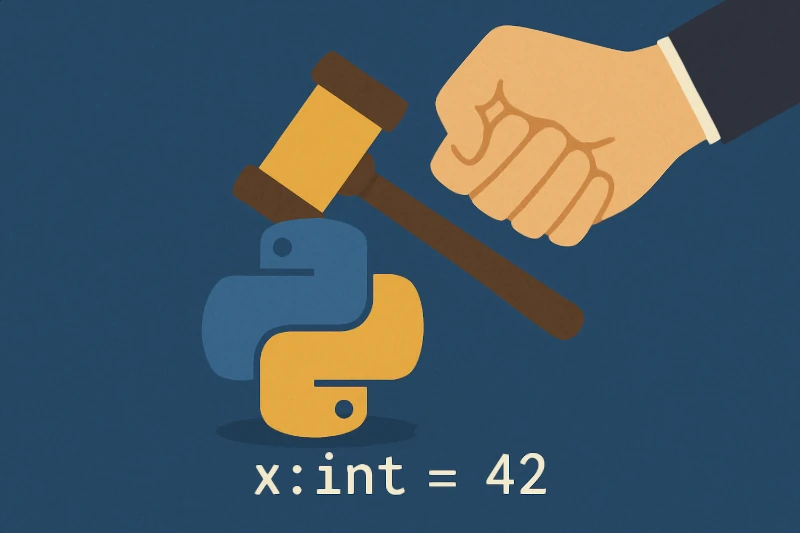What is the __pycache__ folder in Python?
3 mins
The __pycache__ folder in Python is where the interpreter stores compiled bytecode files to optimize program execution. But what exactly does that mean, and why is it important?









